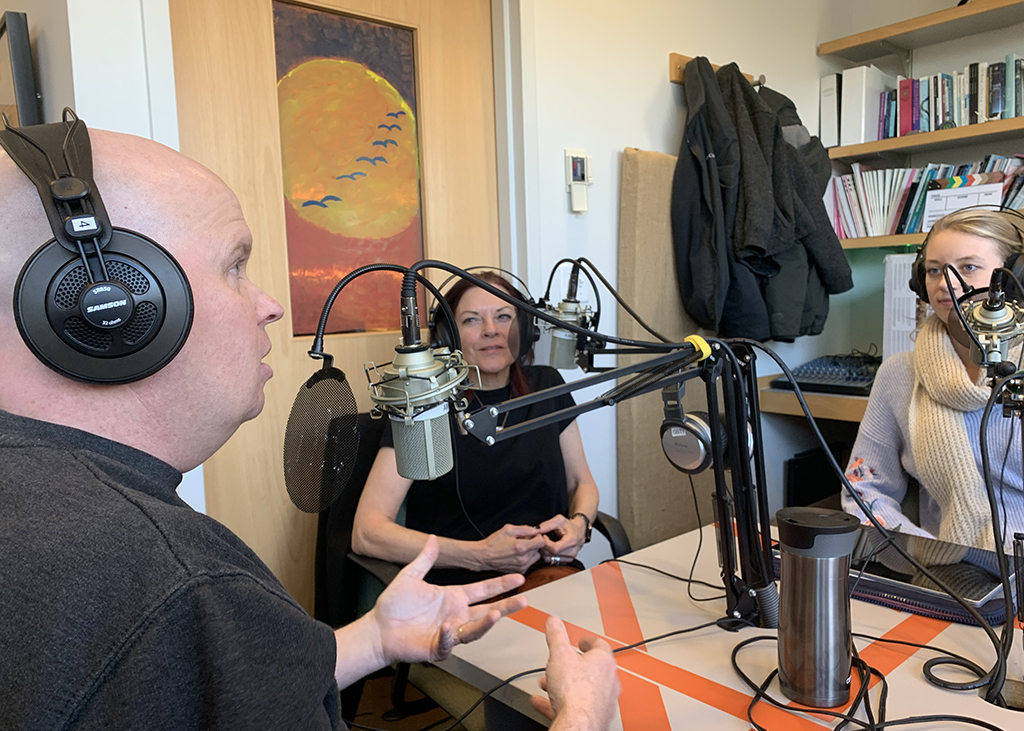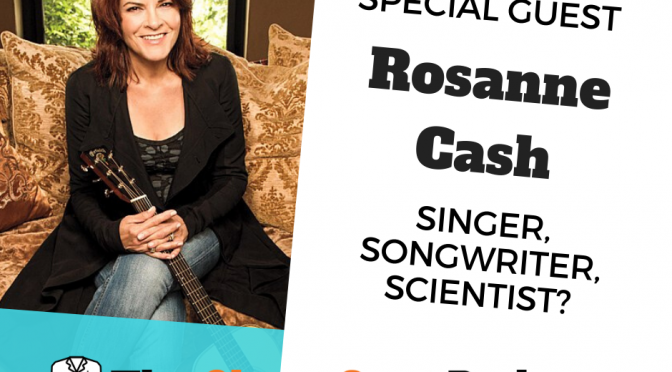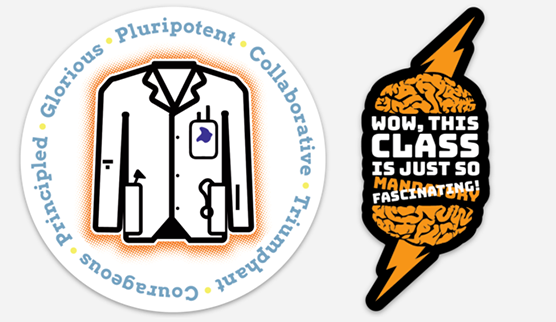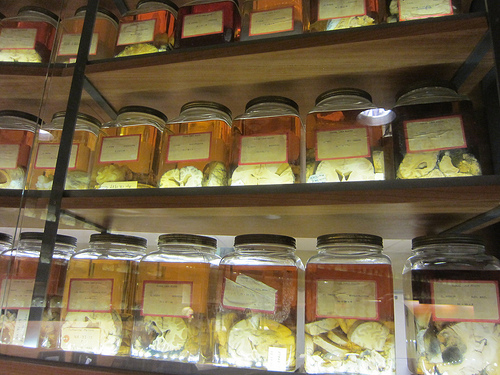Podcast: Play in new window | Download (Duration: 41:24 — 56.9MB)
Subscribe: Spotify | RSS | More
 What does Rosanne Cash have to do with science or medicine?
What does Rosanne Cash have to do with science or medicine?
Sure, the American pop, folk, country, and roots rock legend isn’t technically a scientist. But it was surprising for us to learn that Rosanne Cash has the soul of one within her, with its arms spread comfortably around her musician and poet souls. When the University of Iowa’s Hancher Auditorium reached out to the College of Medicine to let us know she’d be putting on a concert and might be interested in coming to speak on a panel, we had to dig a little deeper to find out about the connection.
Rosanne was diagnosed in 2007 with Chiari malformation with syringomyelia, a disorder of the skull which puts pressure on the brain and causes the cerebellum to protrude into the spinal canal. It’s an incredibly painful, debilitating problem that is usually diagnosed in children, not in a woman in her 50s. Her doctors gave her all sorts of diagnoses (some with a dose of condescension), until she diagnosed herself. Even then, it took finding the right doctor to believe her to get her on the long journey to recovery. The lessons of her identity and career-threatening condition are profound.
Then, too, there is Rosanne’s curiosity about music and the brain. With MD/PhD student Miranda Schene, M1 Alexa Schmitz and neuroscientist Justin Sipla, PhD she was fully on board for an often trippy exploration of how and why we are creatures of rhythm, the “sorcery” our brains use to fabricate meaning from vibrations in the world around us, and what an openness to shared experiences can do for medical students and doctors and their patients.
 There are other connections to medicine. The link between a performer being on stage for an audience and physicians performing a role for their patients are considerable, and the lessons Rosanne has learned about creating a shared experience between performer and audience are applicable to the relationship between doctors and their patients. But there is also her desire to “keep a beginner’s mind” that every doctor should appreciate–cultivating one’s curiosity and understanding that “insecurity is part of the game” are essential lessons that could keep you from missing something important in patient care.
There are other connections to medicine. The link between a performer being on stage for an audience and physicians performing a role for their patients are considerable, and the lessons Rosanne has learned about creating a shared experience between performer and audience are applicable to the relationship between doctors and their patients. But there is also her desire to “keep a beginner’s mind” that every doctor should appreciate–cultivating one’s curiosity and understanding that “insecurity is part of the game” are essential lessons that could keep you from missing something important in patient care.
Buy Our Merch and Give At The Same Time
We Want to Hear From You
Never forget that we are always excited to answer our listeners’ questions or take their suggestions. Call us at 347-SHORTCT anytime, or email theshortcoats@gmail.com.
Continue reading Singer, Songwriter, Scientist: Rosanne Cash












